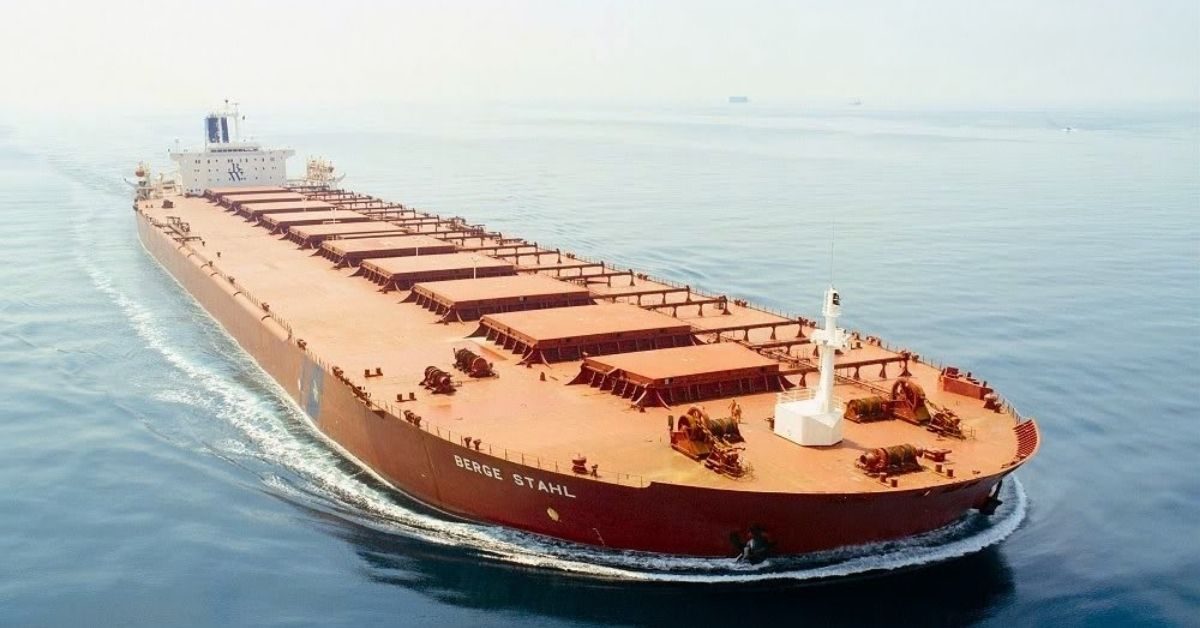Bangladesh moves to purchase four ships from China to enlarge its fleet to book a bigger slice of shipping business which is expected to significantly help save the country’s foreign-currency reserves.
Sources have said the Bangladesh Shipping Corporation (BSC) has sent a procurement proposal in this regard to the project-evaluation committee of the Planning Commission.
Of the four ships–to be procured on a government-to-government deal–two are crude-oil mother tankers and another two mother bulk carriers.
Currently, the BSC has no crude-oil mother tanker in its fleet as it sold its lone one styled ‘Banglar Noor’ in 1982. For carrying imported oils, the corporation now has to charter foreign mother tankers.
The move is seen as significant and important by the stakeholders on the heels of a massive expansion of the country’s external trade as they feel it will reduce depletion of the foreign-currency reserves.
Each of the mother tankers has a capacity of 114,000 DWT (deadweight tonnage), while the capacity of each mother bulk carrier is 80,000 DWT.
Previously, the BSC had a plan to purchase 6 ships.
According to the proposal, over Tk 27.15 billion will be spent to buy the ships of which Tk 24.86 billion will be provided by the Chinese government in concessional loans and the remaining amount will be provided from the reserve fund of the BSC.
China National Machinery Import and Export Corporation (CMC) has been nominated as the contractor for supplying the ships after several rounds of negotiations. The procurement of the ships will be completed by December 2025.
“The Cabinet Committee on Economic Affairs recommended implementing the project on a G2G basis,” a letter from the Bangladesh Shipping Corporation says, adding that the rate of return from the project will be 19.38 per cent.
According to the BSC, the objectives of buying the ships include increasing the number and capacity of its existing fleet and developing its capacity for carrying crude oil to meet the requirement of Eastern Refinery Limited.
The corporation says that the procurement will enhance national energy security in line with the Sustainable Development Goals (SDGs).
The move will also help make BSC more profitable and ensure robust logistics for meeting the energy requirement of the country, said officials.
Apart from helping ensure the food-security arrangement of the country, the BSC says, the purchase will also help create more employment opportunities and human development in the maritime sector.
The shipping corporation procurement proposal also reads: “As the domestic-funding portion will be invested from its earnings and reserves, there is no direct involvement of government funds and foreign-currency reserves for implementing the project.”
After delivery of the vessels, they will be run by the present management of the BSC and these vessels will be placed under direct supervision of the BSC authority which will be responsible for employing the vessels, the project proposal mentions.
It says to derive the benefits of the project, it will be required to employ about 40 ship officers and crew members for each vessel on a permanent or contractual basis.
Established in 1972, the BSC presently has a mixed fleet of eight vessels having a carrying capacity of about 0.30 million metric tonnes. The fleet comprises three bulk carriers, as many oil tankers and two lighterage tankers.
More than 90 per cent of the national exports and imports of Bangladesh are being carried by oceangoing vessels.
According to the Bangladesh Flag Vessel Act 2019, sea-borne cargos to be carried at the expense of public funds shall be carried by BSC vessels. But the small BSC fleet often stands in the way of proper implementation of the act.
The corporation has to charter foreign vessels by spending huge sums of foreign currencies. This prompts the urgency of the corporation’s fleet expansion to reduce pressure on forex stocks.
Bangladesh Petroleum Corporation has taken two projects, including the installation of single-point mooring with double pipelines so that oil can be transported to the refinery from an offshore jetty in the Bay of Bengal through a 9-km-long pipeline. Another project is to build another refinery with a processing capacity of 3.0 million metric tonnes of crude.
“All the efforts to import more oils will require more engagement of mother oil tankers, so the procurement of the oil tankers is a decisive move,” says an official about the merit of the move.







